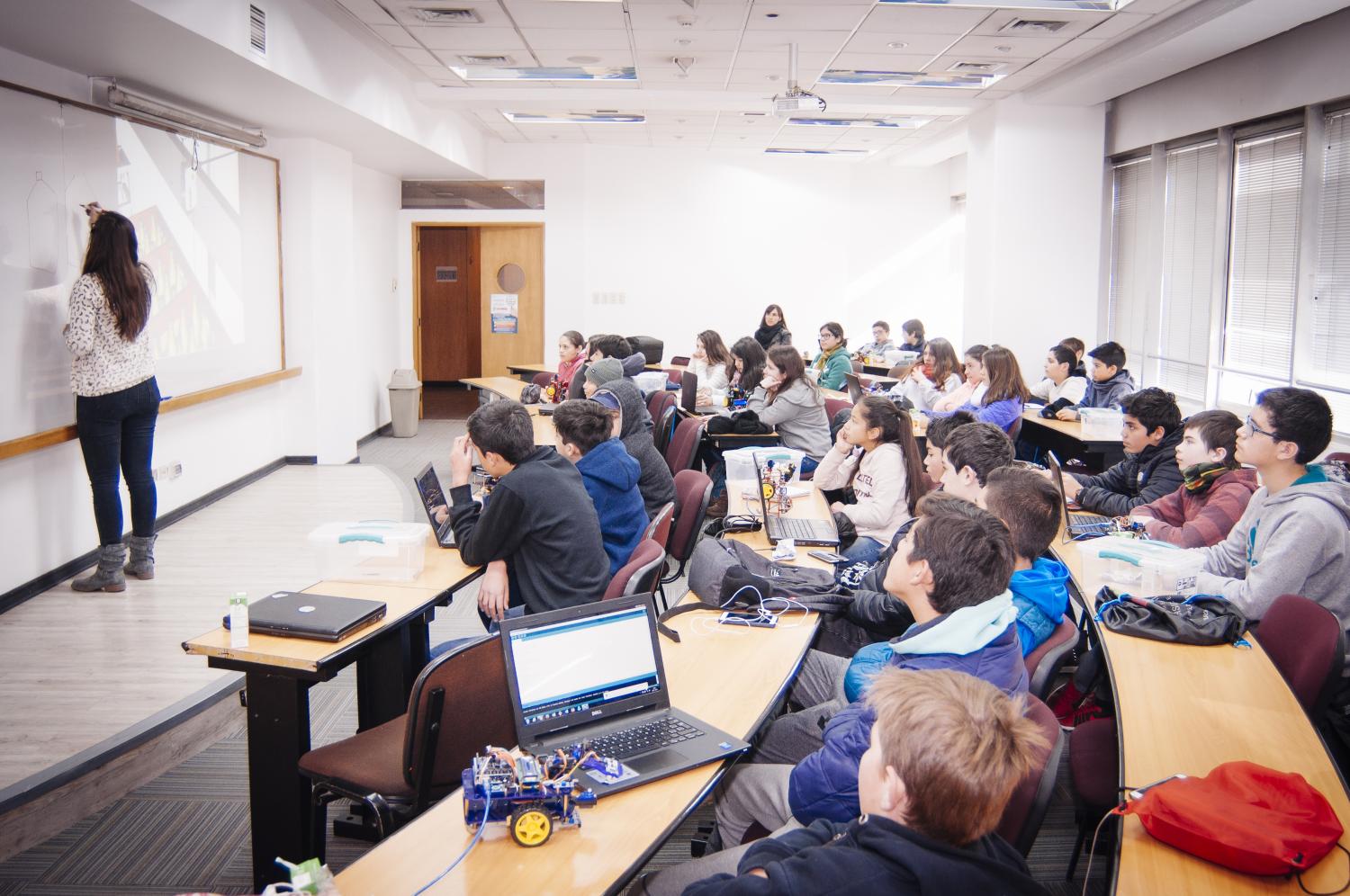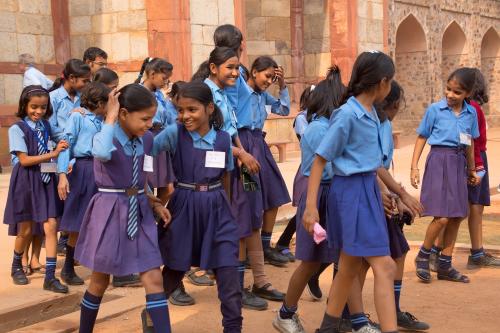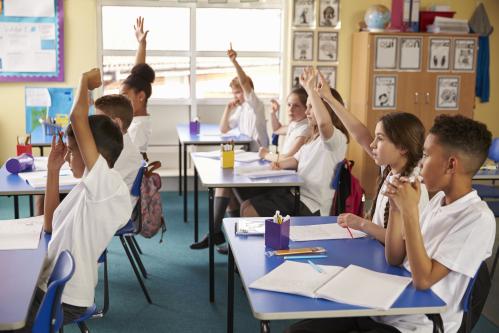Education in Chile has important challenges of quality, equity, and social integration.1 For decades, policies tried to respond to these concerns with a high-stakes accountability institutional framework, which has not had success. The underlying vision of educational quality was limited. The assessment system in place privileged cognitive and academic dimensions of educational results. Socio-emotional learning had been neglected or considered secondary, without an infrastructure of assessment tools that allowed teachers and principals to diagnosis students’ situations and monitor their progress. The COVID-19 crisis was an opportunity for change: Students’ socioemotional needs were a main concern for schools and society, and the regular accountability system based on standardized tests was interrupted. Subsequently, the Comprehensive Learning Diagnosis (DIA) was launched by the Education Quality Agency.
The DIA is a voluntary assessment tool made available to all Chilean schools. The DIA promotes the comprehensive development of students, providing timely information and guidance to internally monitor students’ learning in the academic and socio-emotional domains at several points during the school year. Specifically, with respect to socio-emotional learning, three areas were considered: personal, community, and citizenship. In each of these areas, a set of socioemotional skills were defined, operationalized, and became possible to monitor by school communities. The DIA also collects students’ opinions of school management practices regarding socio-emotional skills.
The DIA has received a wide acceptance in school communities. Despite being voluntary, an ample majority of schools decided to participate. The information collected from the DIA allows for practical use by principals and teachers. Moreover, the DIA provides the opportunity for students to inform school management. The new Chilean government has decided to strengthen DIA as an important component in a four-year national plan for reactivating academic and socio-emotional learning in schools. The previous high-stakes accountability system, which involved external assessments, has been suspended and is under discussion.
The DIA experience has shown that critical social and educational situations can provide fertile ground to motivate deep and rapid transformation, if an educational actor (in this case the Education Quality Agency) is capable of enacting a pertinent, timely, and practical response to school needs. The DIA is not only an example of productive uses of students´ assessment by schools, but also a demonstration that it is possible to build an institutional arrangement among local, intermediate, and national levels of school systems, where a vertical hierarchy is changed by a collaborative relationship based on local agency, mutual trust, and differentiated technical contributions.
|
The summary report “Transforming education for holistic student development: Learning from education system re(building) around the world” lays out 10 key lessons for transforming education systems, which are all exemplified in this case study. In particular, this case study highlights the need to:
1. Monitor practice and performance: Conduct consistent, ongoing monitoring of practice and performance for continuous improvement and professional learning.
2. Balance common conventions with local discretion: Balance common systemwide conventions with the need for local discretion to promote and encourage reform.
3. Build social infrastructure: build a social infrastructure that engages stakeholders about holistic student development and the entailments for instruction. |
-
Footnotes
- This case study is a companion to “Transforming education for holistic student development: Learning from education system (re) building around the world” (Datnow et al., 2022), a summary report that explores the work of building and rebuilding education systems to support holistic student development in six education systems in Singapore, Ireland, Chile, Canada, India, and the United States and in one cross-national system (the International Baccalaureate). While different in many ways, the seven systems bear remarkable similarities in their efforts to (re)build education systems—each is working in policy contexts pressing for academic quality and equity, while also facing additional incentives to support holistic student development.
The Brookings Institution is committed to quality, independence, and impact.
We are supported by a diverse array of funders. In line with our values and policies, each Brookings publication represents the sole views of its author(s).






